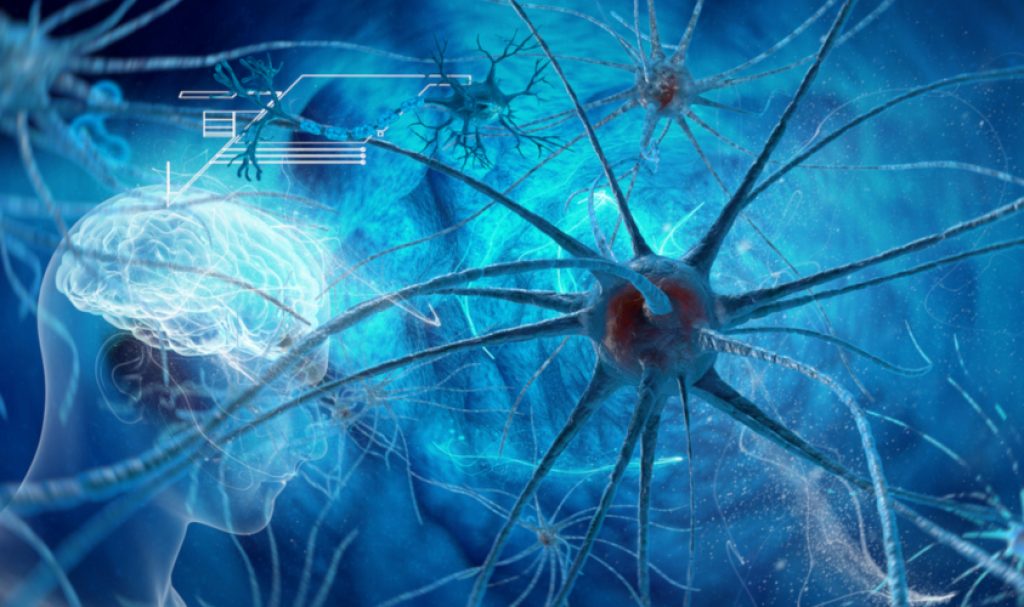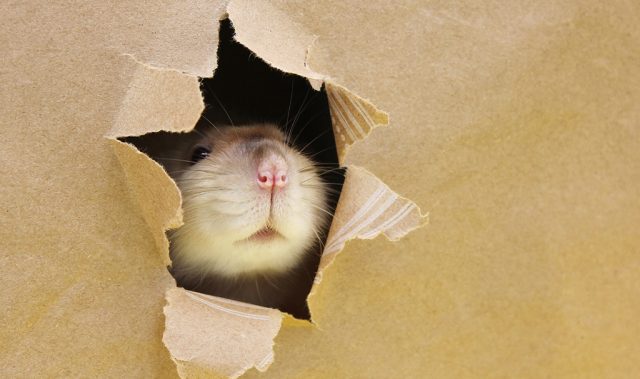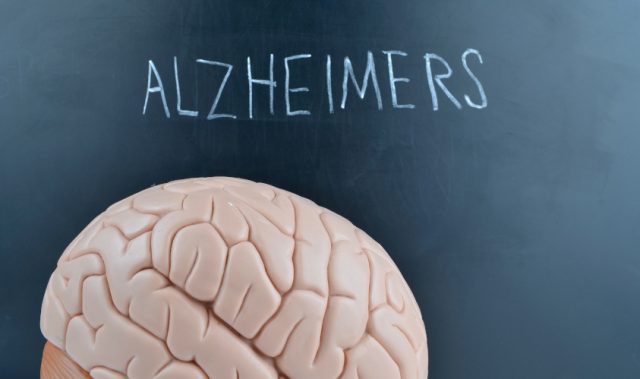
AsianScientist (Jan. 17, 2019) – In a study published in the Proceedings of the National Academy of Sciences, researchers in South Korea have determined how the structure of polyglutamine proteins cause neurogenerative disorders such as Huntington’s chorea and spino-cerebellar ataxias.
Polyglutamine proteins are abnormal proteins that contain multiple glutamine residues. These proteins are known to form coiled-coil structures, but it is unknown how this structure contributes to disease pathology.
In the present study, researchers led by Professor Lee Sung Bae of Daegu Gyueongbuk Institute of Science and Technology have shown that the structure of polyglutamine proteins cause the rapid deformation of neurons by entangling with a transcription factor called Foxo.
“By developing a treatment targeting the entanglement based on coiled-coil structure through this research, we expect to be able to have effective treatments to alleviate the early symptoms of neurodegenerative brain disorders,” said Lee.
While the research focused on Foxo protein as the first factor of the early symptom of neurodegenerative brain disorders, it also predicted that other factors exist. The research team is currently building on this study to clarify additional factors.
The article can be found at: Kwon et al. (2018) Coiled-coil Structure-dependent Interactions Between Polyq Proteins and Foxo Lead to Dendrite Pathology and Behavioral Defects.
———
Source: Daegu Gyeongbuk Institute of Science and Technology; Photo: Shutterstock.
Disclaimer: This article does not necessarily reflect the views of AsianScientist or its staff.












